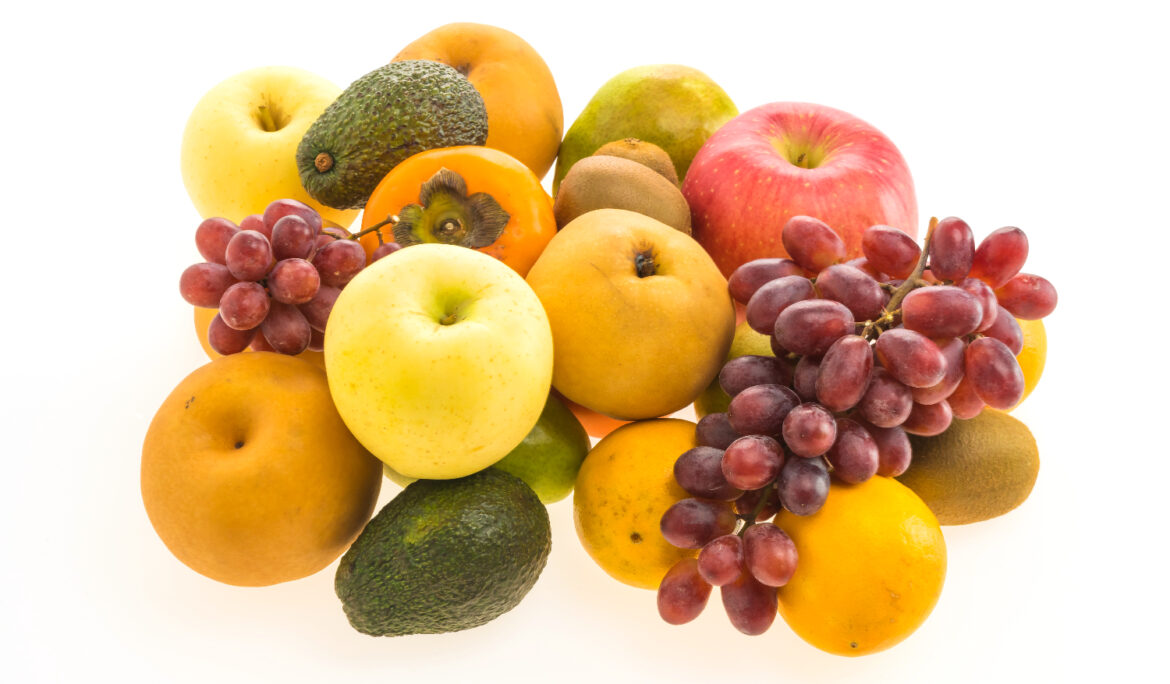When preparing for IVF (in vitro fertilization), maintaining a healthy diet is essential. Fruits, rich in vitamins, minerals, and antioxidants, can provide the necessary nutrients to support fertility and improve overall reproductive health. But which fruits are particularly beneficial for those undergoing IVF? Let’s explore the top fruits that can make a positive impact.
What Nutrients in Fruits Boost Fertility?
Fruits contain a range of essential nutrients that aid fertility, including:
- Vitamin C: Supports healthy sperm and egg quality.
- Folate: Critical for cell division and early fetal development.
- Antioxidants: Protect eggs and sperm from oxidative stress.
- Fiber: Helps maintain hormonal balance.
Top Fruits for IVF Success
1. Berries (Strawberries, Blueberries, Raspberries)
- Rich in antioxidants that protect eggs and sperm from oxidative damage.
- Contain vitamin C, which supports hormone regulation and immune function.
2. Oranges and Citrus Fruits
- High in vitamin C and folate, essential for egg and sperm health.
- Aid in reducing inflammation, which can improve implantation rates.
3. Avocado
- Packed with healthy fats and vitamin E, which improve uterine lining and overall fertility.
- Provides potassium and folate for reproductive health.
4. Pomegranate
- Known for its fertility-boosting properties due to high antioxidant content.
- Studies suggest it may improve blood flow to the uterus and support embryo implantation.
5. Bananas
- A great source of vitamin B6, which helps regulate hormones and promote ovulation.
- Provides potassium to maintain electrolyte balance during treatment.
6. Pineapple
- Contains bromelain, an enzyme believed to support implantation by improving blood flow and reducing inflammation.
- Should be consumed in moderation due to its acidity.
7. Grapes
- Loaded with antioxidants like resveratrol, which can support reproductive health.
- Provide essential vitamins such as vitamin C and K.
8. Apples
- A good source of fiber, which helps maintain stable blood sugar levels and hormonal balance.
- Contains antioxidants and vitamin C for overall fertility support.
How to Incorporate These Fruits Into Your Diet
- Smoothies: Blend berries, bananas, and spinach for a nutrient-packed breakfast.
- Snacks: Keep fresh fruit like apples or oranges on hand for healthy snacking.
- Salads: Add avocado, pomegranate seeds, or citrus slices to salads for a fertility boost.
- Desserts: Enjoy a bowl of mixed berries or baked apples for a sweet yet nutritious treat.
Are There Any Fruits to Avoid During IVF?
While most fruits are safe, some should be consumed in moderation:
- Papaya and Pineapple (in excess): Unripe papaya and large amounts of pineapple may cause uterine contractions.
- Grapefruit: Can interfere with certain medications; consult your doctor.
FAQs About Fruits and IVF
1. Can eating fruits alone improve IVF success?
While fruits provide essential nutrients, a balanced diet with proteins, healthy fats, and whole grains is crucial for IVF success.
2. How often should I eat these fruits?
Aim for 2-3 servings of fruits daily, incorporating a variety of the recommended options.
3. Is organic fruit better for IVF?
Organic fruits may reduce exposure to pesticides, which can negatively affect fertility.
4. Should I avoid dried fruits?
Dried fruits are fine in moderation but may contain added sugars or preservatives. Choose natural options when possible.
5. Can I drink fruit juices instead of eating whole fruits?
Whole fruits are better as they contain fiber, which helps with hormonal balance and digestion.
Conclusion
Fruits play a vital role in supporting reproductive health during IVF treatment. By incorporating fertility-friendly fruits like berries, citrus fruits, and avocados into your diet, you can enhance your chances of success. Always consult with your fertility specialist or nutritionist for personalized dietary advice.





